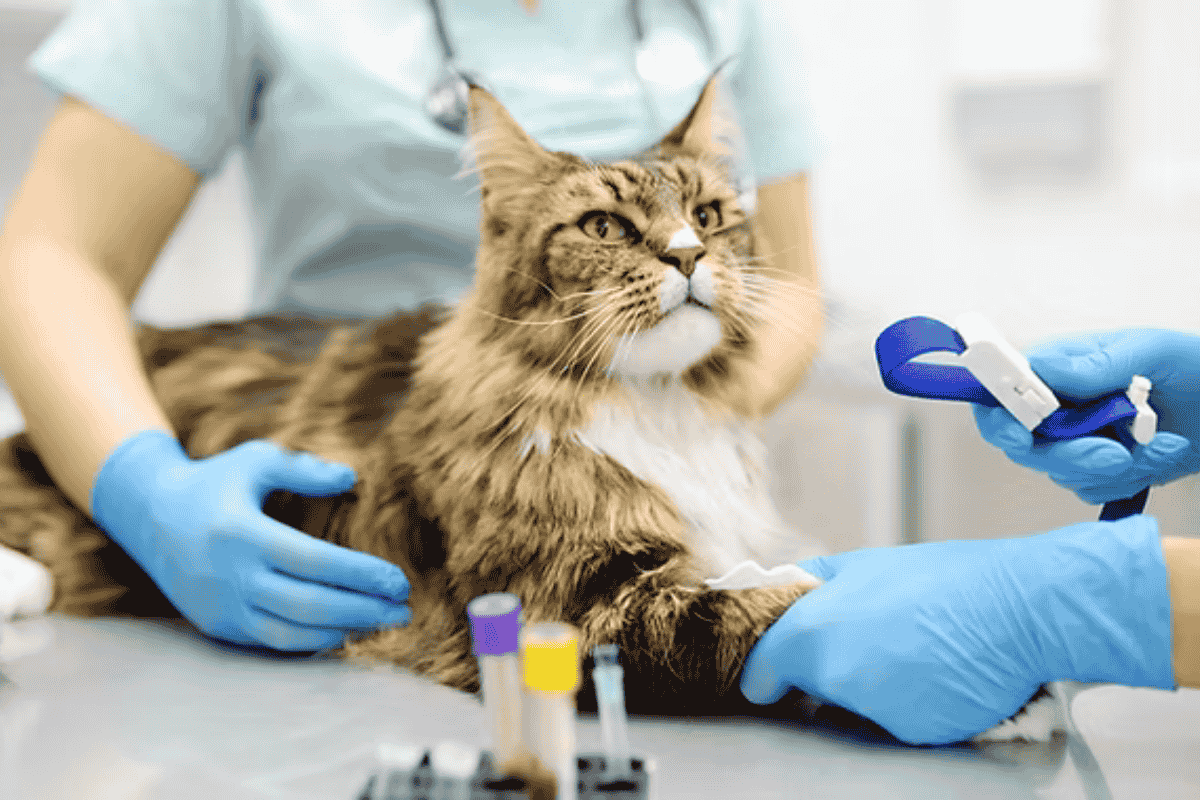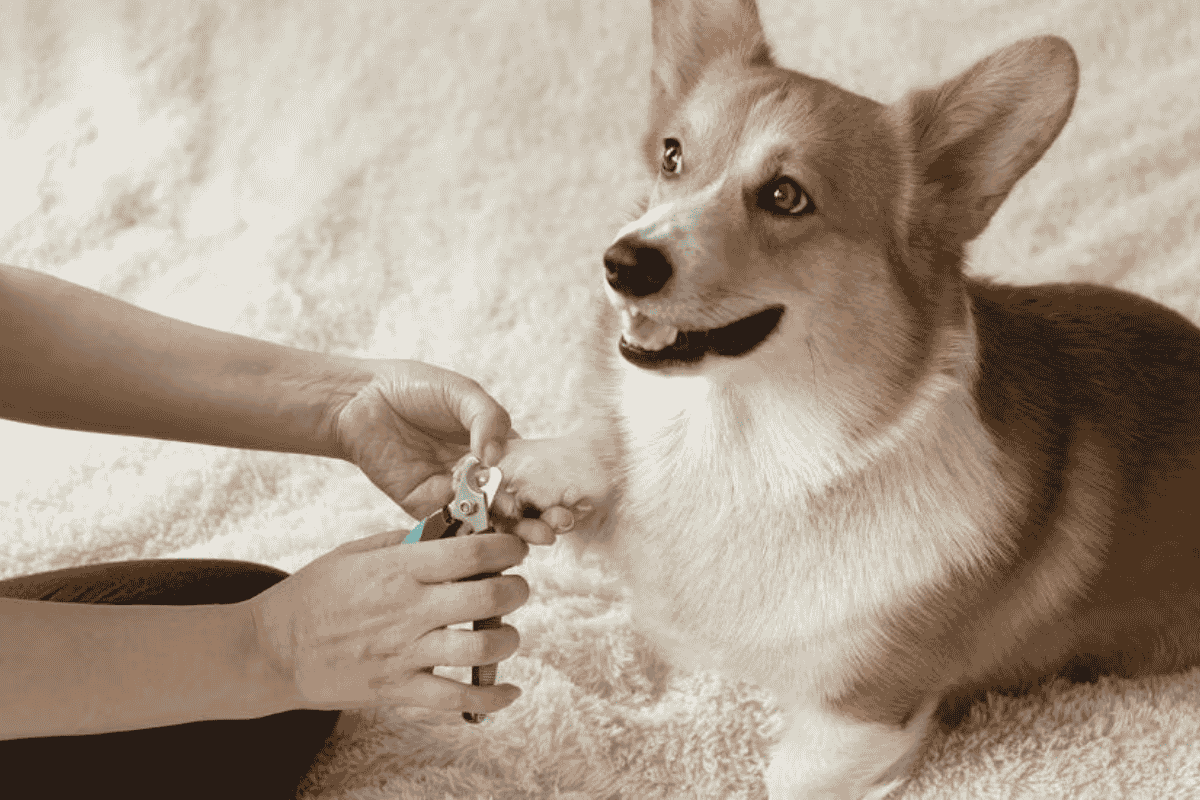Blood tests are a standard part of veterinary care, used to monitor overall health, diagnose illness, and guide treatment. They are performed at wellness visits for healthy pets or when a pet is sick or injured.
The process is simple: a veterinarian draws blood from a vein in the limb or neck, and another team member applies pressure afterward to reduce bruising or swelling.
Types of Blood Tests for Pets
Veterinarians may recommend different types of blood work depending on your pet’s health:
- Complete Blood Count (CBC): Checks red and white blood cells and platelets to detect anemia, infection, or dehydration.
- Biochemistry Profile: Evaluates organ function and measures electrolytes and enzymes.
- Heartworm Test: Screens for heartworm disease and some tick-borne illnesses.
- Thyroid Panel: Identifies thyroid hormone imbalances, including hypo- and hyperthyroidism.
- Cancer Screening: Detects certain cancers in dogs.
- Genetic Testing: Reveals risk for inherited conditions.
- Gastrointestinal (GI) Panel: Tests for pancreatitis, exocrine pancreatic insufficiency (EPI), and other GI diseases.
- Allergy Testing: Identifies environmental allergens triggering symptoms.
Anatomy of Veins in Pets
Veins are preferred over arteries for blood draws because:
- They’re closer to the skin and easier to access
- They cause less pain due to fewer nerves and thinner walls
- They have lower pressure, making bleeding easier to control
Why Pets Need Blood Work
Your veterinarian may recommend blood tests for reasons such as:
- Wellness Screening: Early detection of hidden illnesses
- Parasite Exposure: Checking for heartworm or tick-borne diseases
- Sickness or Injury: Identifying causes and guiding treatment plans
- Before Anesthesia: Ensuring your pet is healthy enough for surgery
- High-Risk Pets: Monitoring breeds predisposed to genetic or chronic diseases
Benefits of Blood Tests
Routine and diagnostic blood work helps by:
- Establishing a baseline for your pet’s health
- Tracking yearly changes
- Identifying problems early, before they become emergencies
- Giving you peace of mind about your pet’s well-being
Cost of Blood Tests for Dogs and Cats
- CBC + Biochemistry Panel: $100–$200
- Heartworm Test: $35–$75
- Thyroid Panel: $50–$150
Specialized tests, such as cancer screenings or genetic panels, may cost more.
How to Prepare Your Pet for a Blood Test
To ensure accurate results, your vet may recommend:
- Fasting: Withhold food for 6–12 hours to prevent fat interference in results
- Providing Water: Keep your pet hydrated to avoid skewed values
- Avoiding Exercise: Prevent stress on blood markers before the test
- Minimizing Stress: Use carriers, leashes, calming treats, or supplements
Understanding Blood Test Results
- Reference Ranges: Each value is compared against normal ranges.
- Flags: Results outside the range are flagged but should always be interpreted by your veterinarian.
- Panel Type: CBC abnormalities affect cell counts, while biochemistry changes may indicate organ disease.
Your vet combines test results with symptoms and exam findings to reach a diagnosis and treatment plan.
Possible Complications of Blood Draws
Though rare, complications may include:
- Bruising, bleeding, or swelling at the puncture site
- Pain or mild scarring
If bleeding persists, apply pressure; swelling and bruising usually resolve within a few days.












